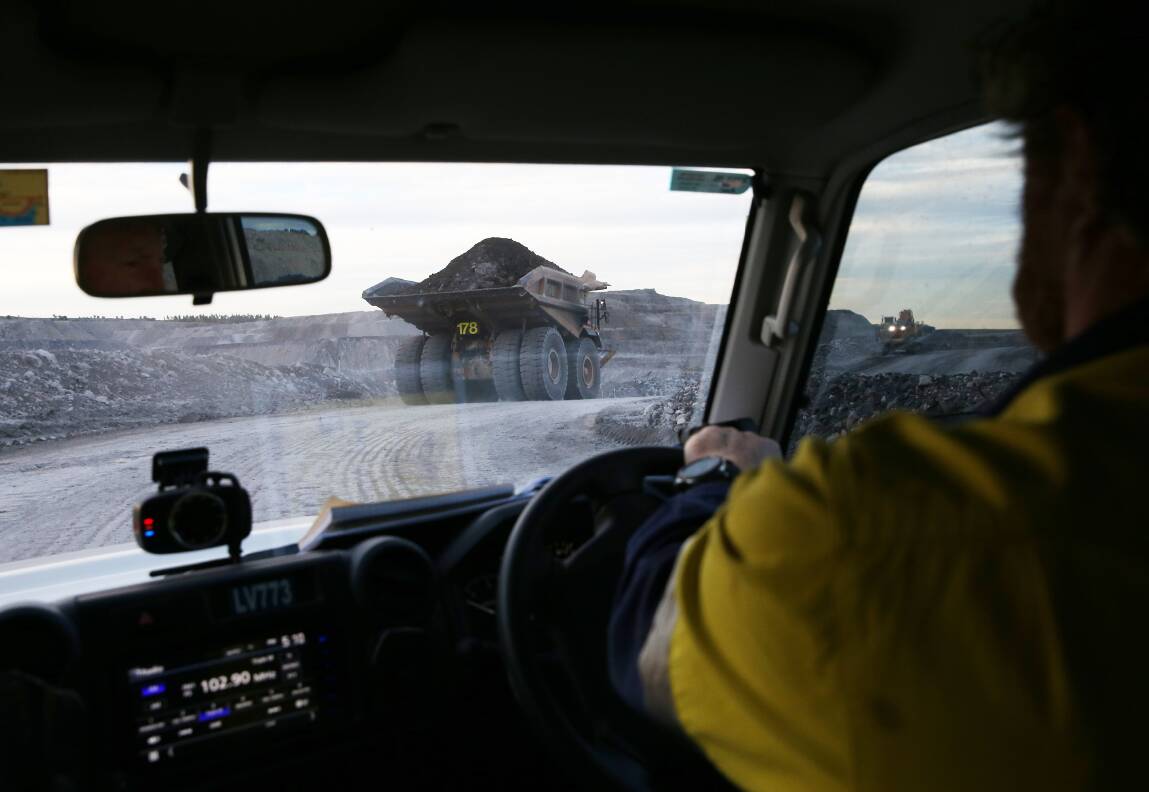
One decade ago, the giant global mining company Rio Tinto started shedding its Australian coal mines. Bit by bit Rio Tinto's Hunter Valley mines were sold off. A global rival, the UK-listed Glencore, was a big buyer. So too Yancoal, the Chinese state-owned enterprise, was an eager shopper. Scraps were picked up by lesser players. Mount Pleasant was purchased by MACH Energy, a subsidiary of the Salim Group from Indonesia. And Bengalla was acquired by New Hope, from the Soul Pattison Group, an Australian-listed investment company.
A new phase of monopoly board capitalism now looms with Glencore about to embark on a major restructuring of its coal interests. Pressure has been building on Glencore to remove fossil fuel investments from its balance sheets. Glencore is a highly leveraged corporation and major banks are increasingly unwilling to lend money to companies involved in coal production. Moreover, investment analysts have argued for some time that Glencore's share price is significantly depressed by its involvement in the coal sector. The argument goes that investors concerned by the threats of climate change won't buy Glencore shares while ever it remains a coal miner. Shareholder activists express scepticism at Glencore's commitment to net zero greenhouse emissions by 2050 given its substantial coal holdings.
Last month Glencore rolled out a strategy to address these issues. Pivotal was the decision by the major Canadian mining company Teck Resources to sell off its local coking coal mines. According to UK magazine, The Economist, Glencore led a consortium (with Nippon Steel of Japan and POSCO of South Korea as minor partners) to acquire Teck's coal assets for (in Australian dollars) $13.6 billion. Another UK publication, The Financial Times, reports that Glencore plans to merge these assets with Glencore's existing coal assets and then spin off the lot as a separate business.
Selling its coal mines will leave Teck Resources to pursue fossil-fuel-free mining investments. For Glencore, investors will have the choice of buying shares in a revamped, fossil-fuel-free Glencore, or pursue fast-buck returns from a new, standalone Glencore company devoted entirely to mining thermal and coking coal.
The stakes are not insubstantial. Glencore operates 11 open cut and underground coal mines in the Hunter and mid-west NSW. These include Bulga, Integra, Mangoola, Ravensworth and Mt Owen/Glendell. Glencore also jointly owns and operates Hunter Valley Operations in partnership with Yancoal.
Running a standalone coal company in a time of climate change crisis is not an easy task, as New Hope, owners of the Bangalla mine west of Muswellbrook, would probably testify. Currently, New Hope is cash rich, but this comes with significant problems. The Australian Financial Review reports New Hope has enjoyed windfall returns in recent times as a consequence of inflated world energy prices. Last year it returned $1.4 billion of profit to shareholders. Surprisingly, however, New Hope held onto $646 million in cash, with plans to build a readily accessible war chest. Because it is a fossil fuel company, New Hope cannot rely on banks and other traditional lenders to fund future operating deficits or mine expansions. Financially, as a standalone coal company, it's on its own.
And so the last chapters of coal in the Hunter continue to be written.
The chapter on Glencore's manoeuvrings has many blank pages, many things are possible. Glencore is reluctant to give up on coal in the Hunter like Rio Tinto and BHP have done. But its 11 Hunter and mid-west coal mines stare down their final years under new custodianship, a standalone coal company, a company unlikely to be able to raise commercial debt, a cash business dependent on siloing the returns from the good days to get it through the times when prices fall. What pressure will build on workers and suppliers to give more for less? Are environmental rehabilitation plans threatened? What are the chances of a mid-night lock-and-chain around the front gate?
Watch closely.







